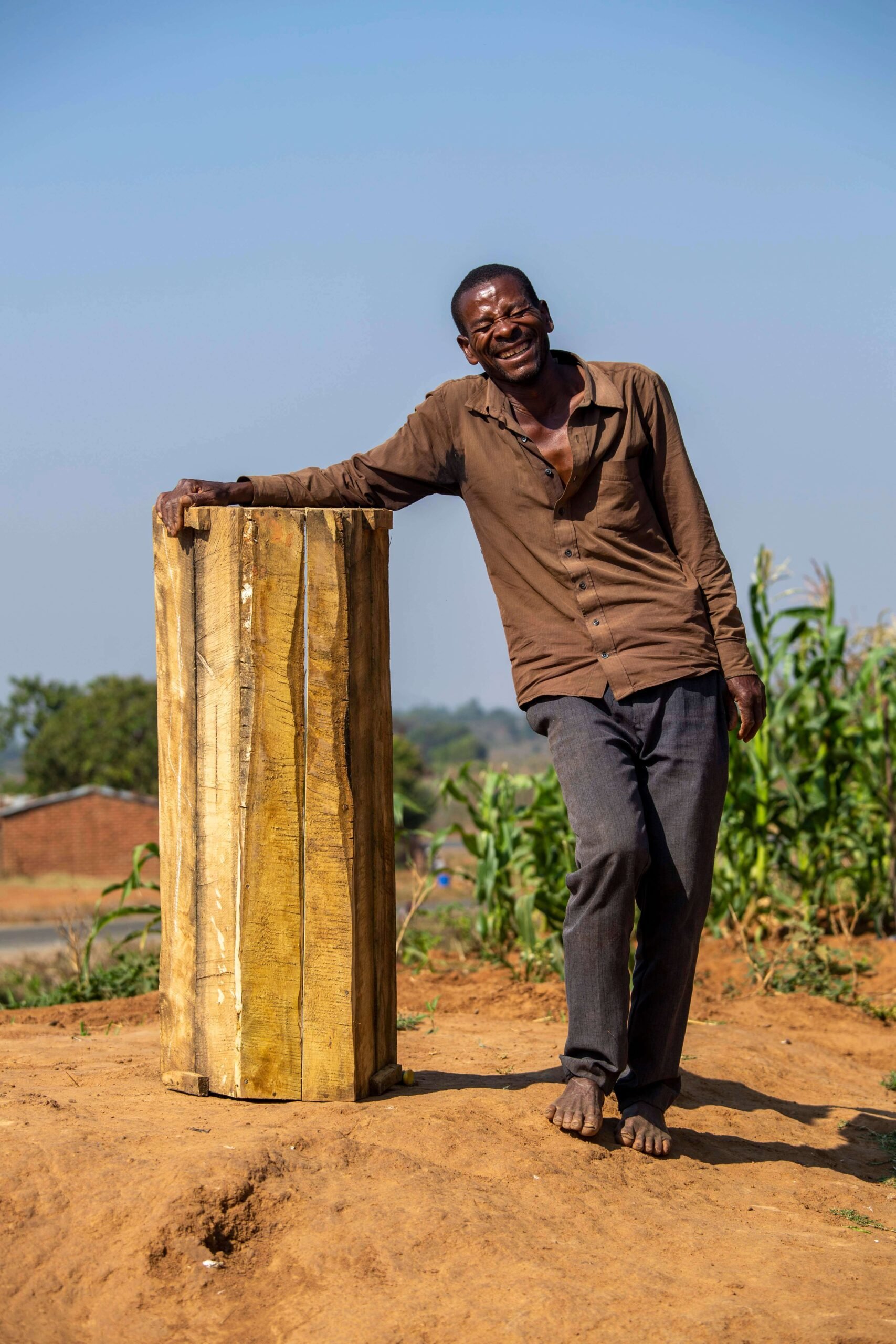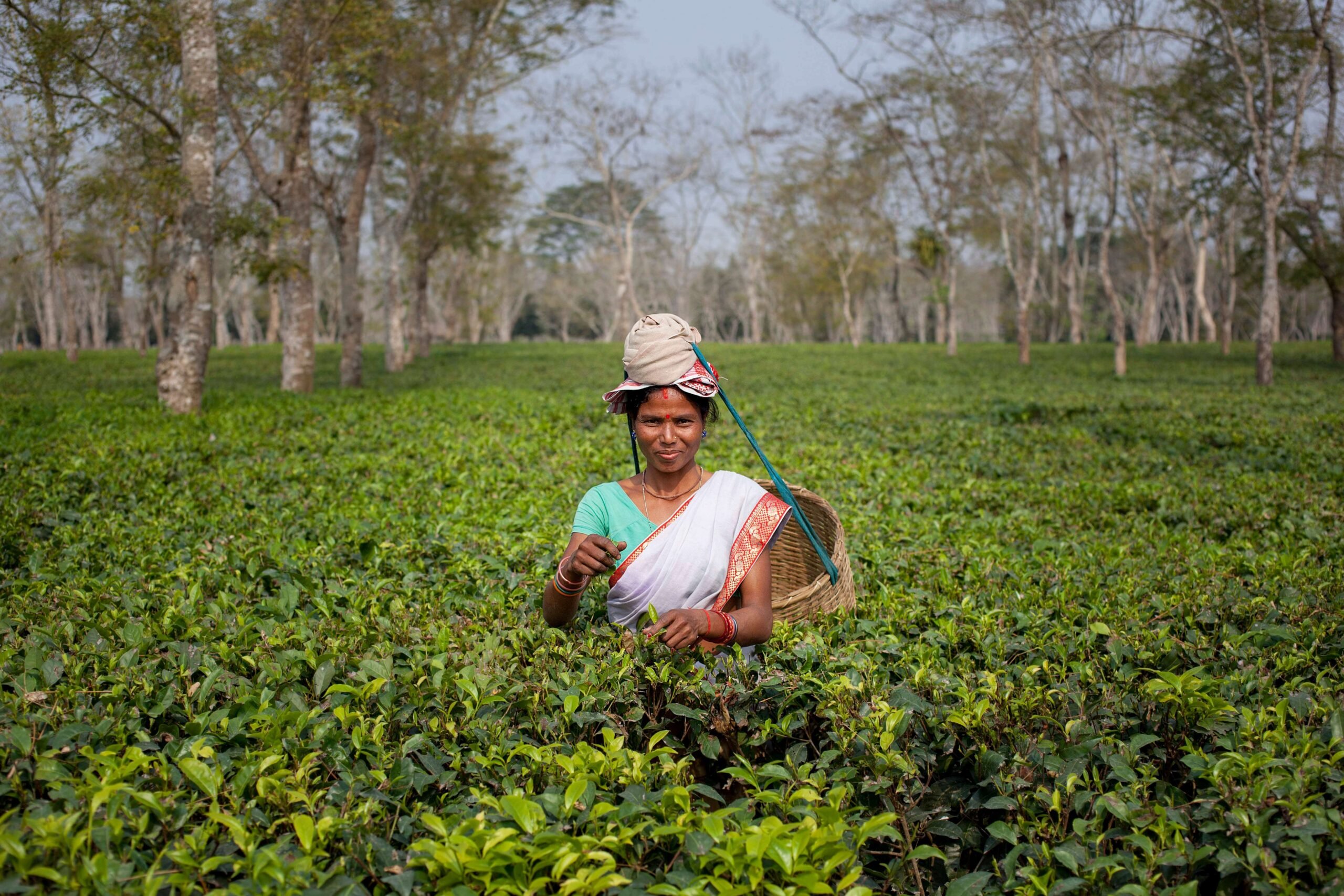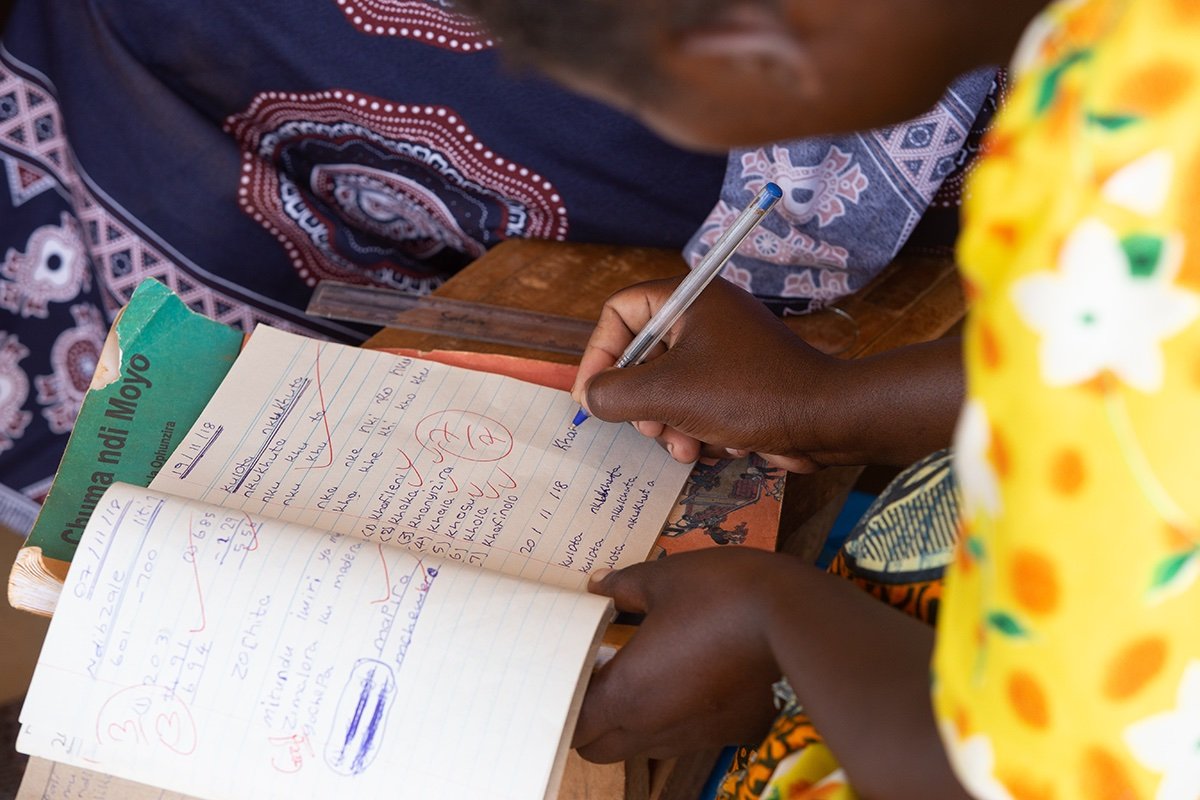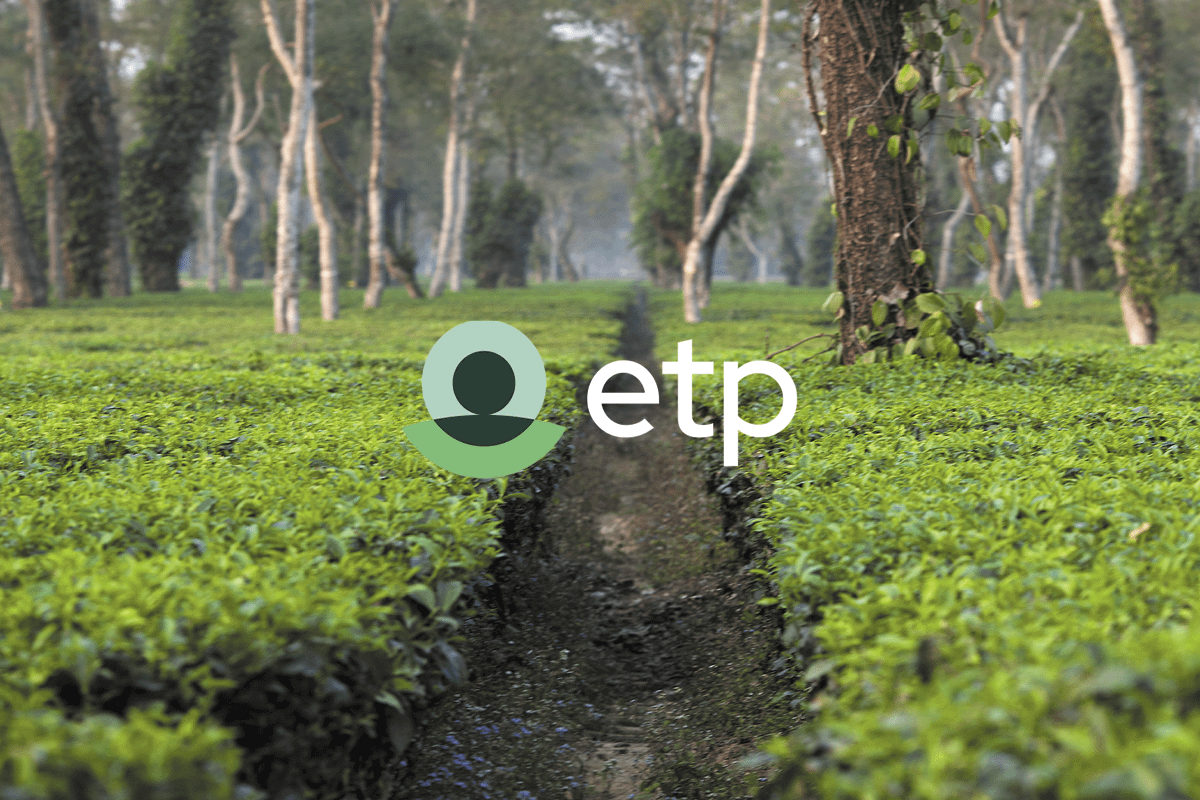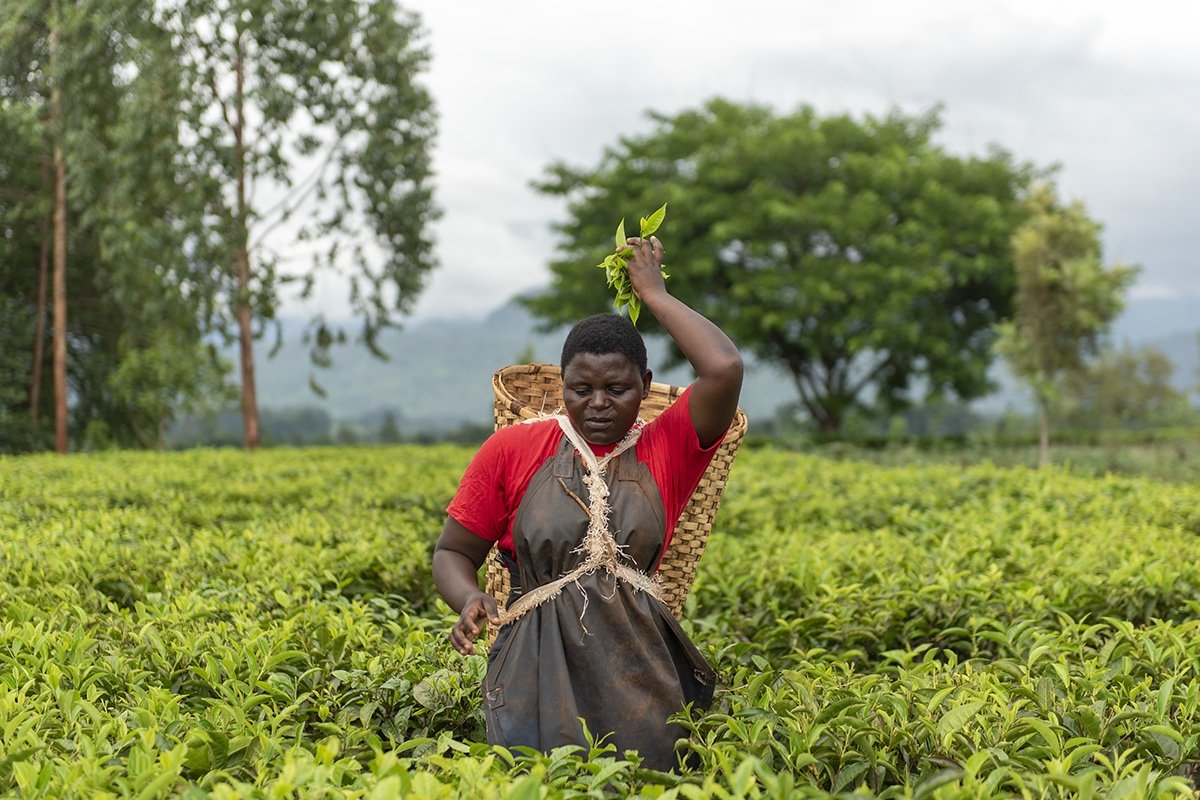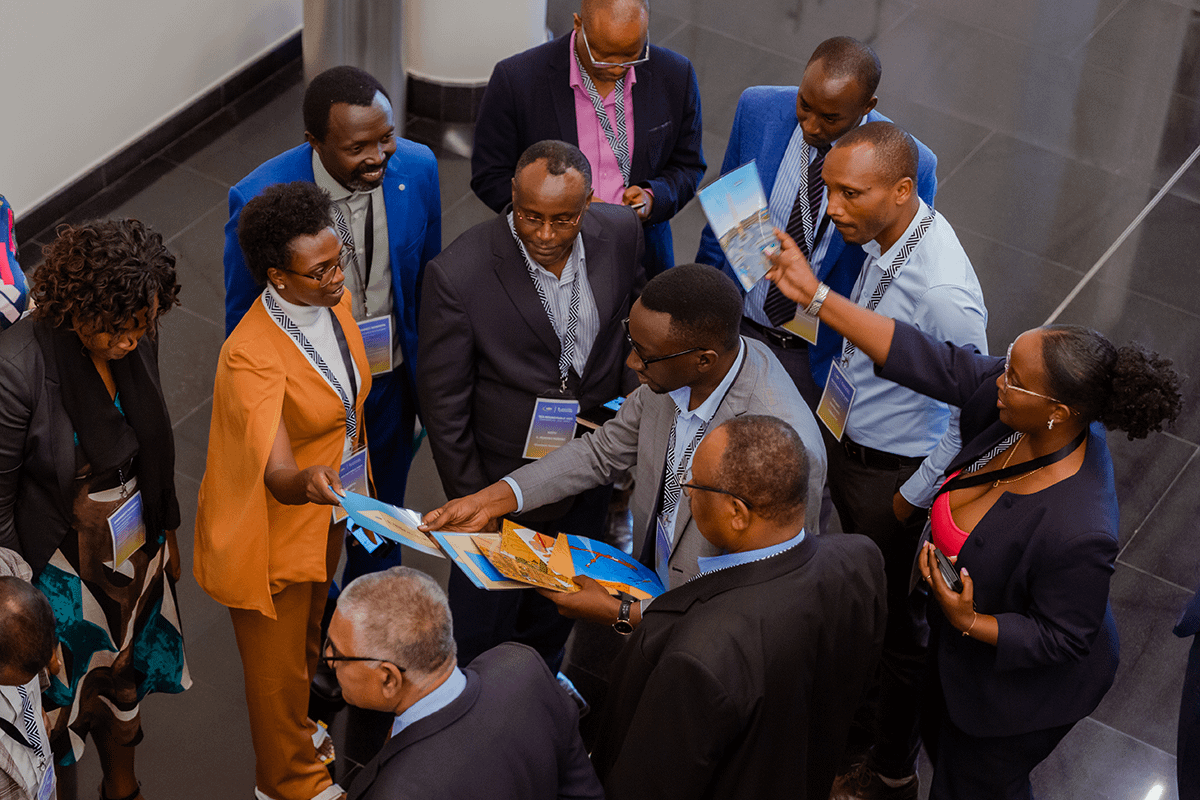- We seek to boost farmers’ resilience and ensuring they have the skills, knowledge, and resources to navigate the challenges presented by climate change
- We work with farmers to diversify their incomes– including through beekeeping, growing food crops, and agroforestry – so they are not reliant only on tea
- We support tea producers to adopt more sustainable practices such as reducing greenhouse gas emissions, improving operational efficiency, and promoting alternative energy sources to decrease reliance on fuelwood obtained through deforestation
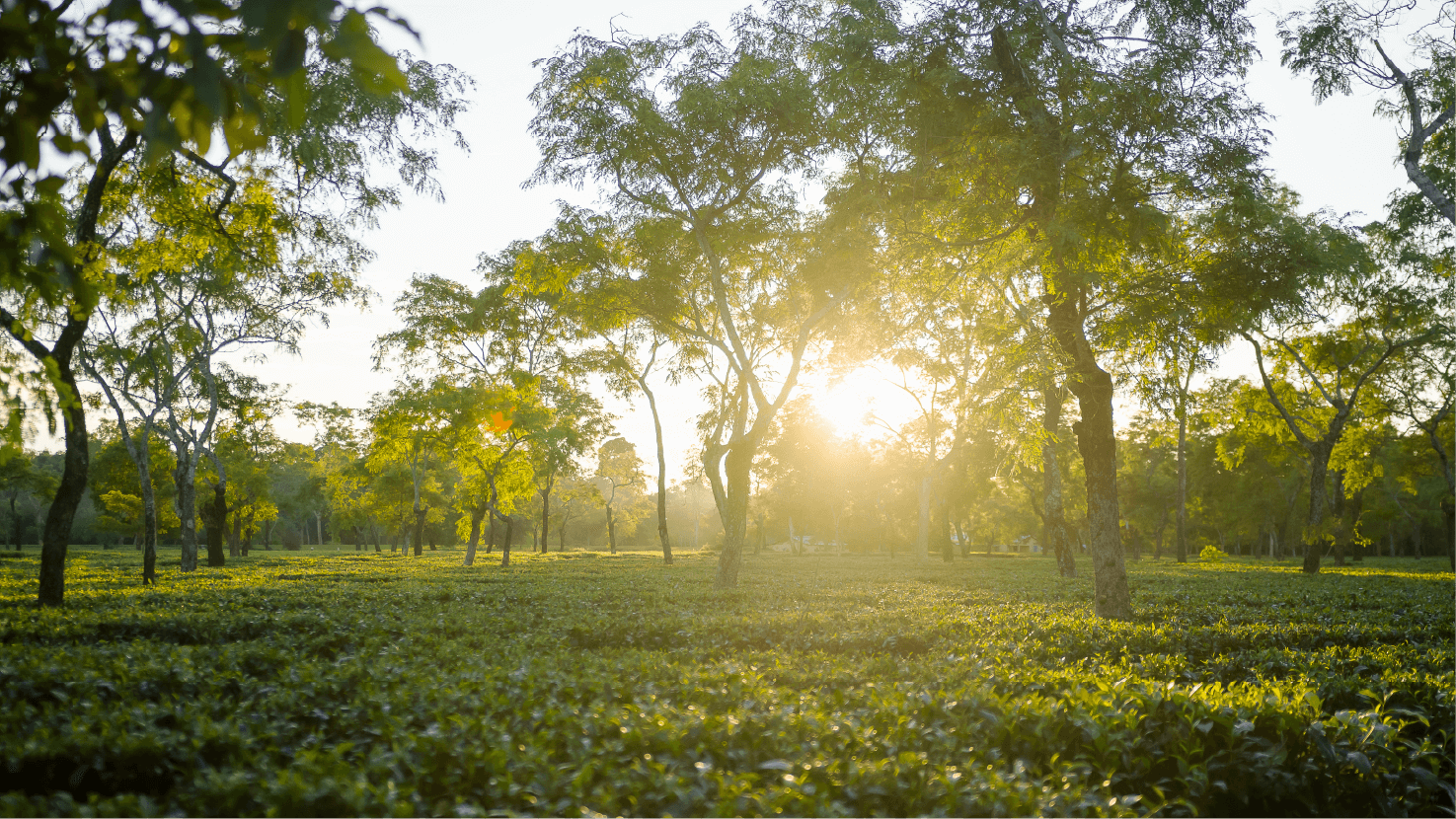
Zero deforestation

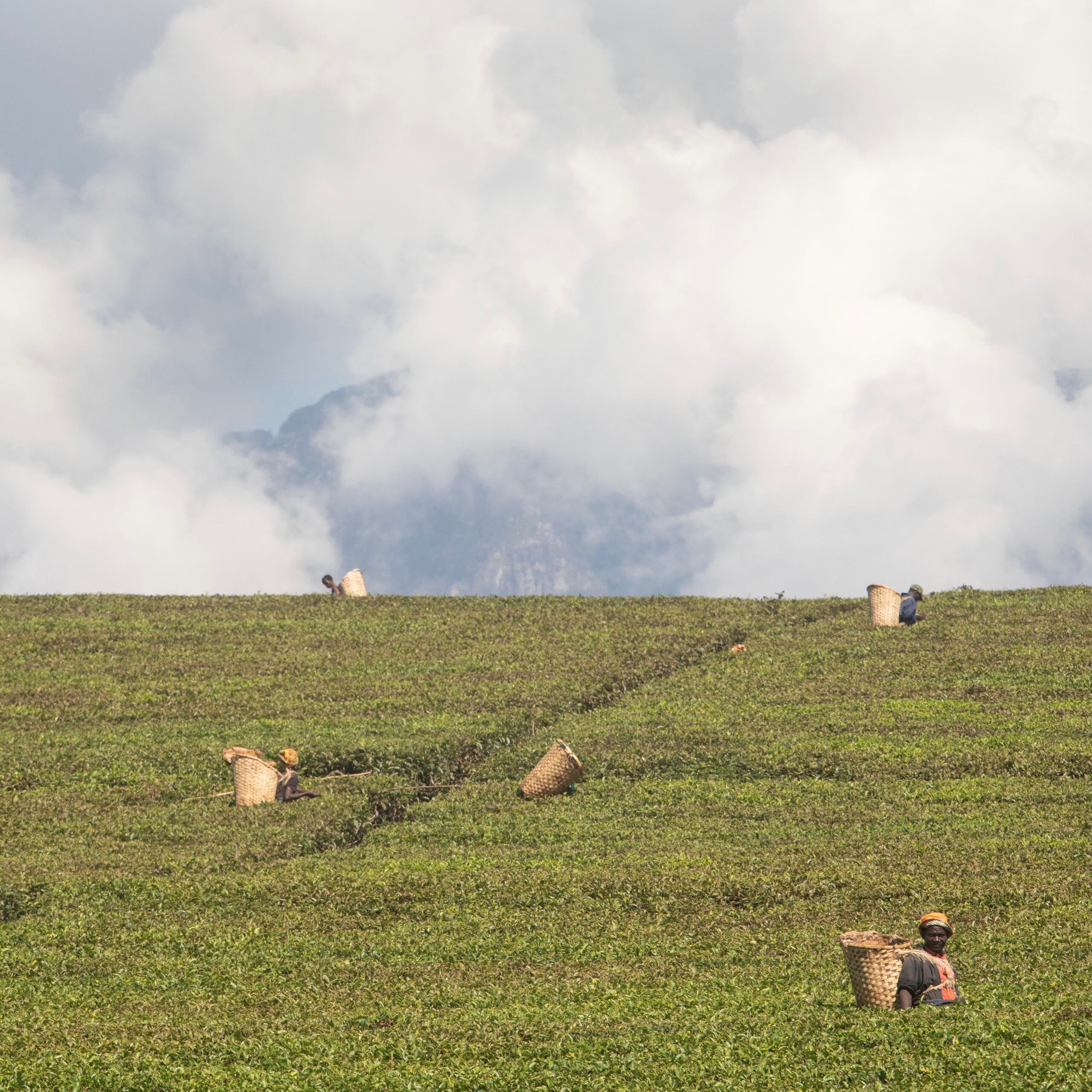

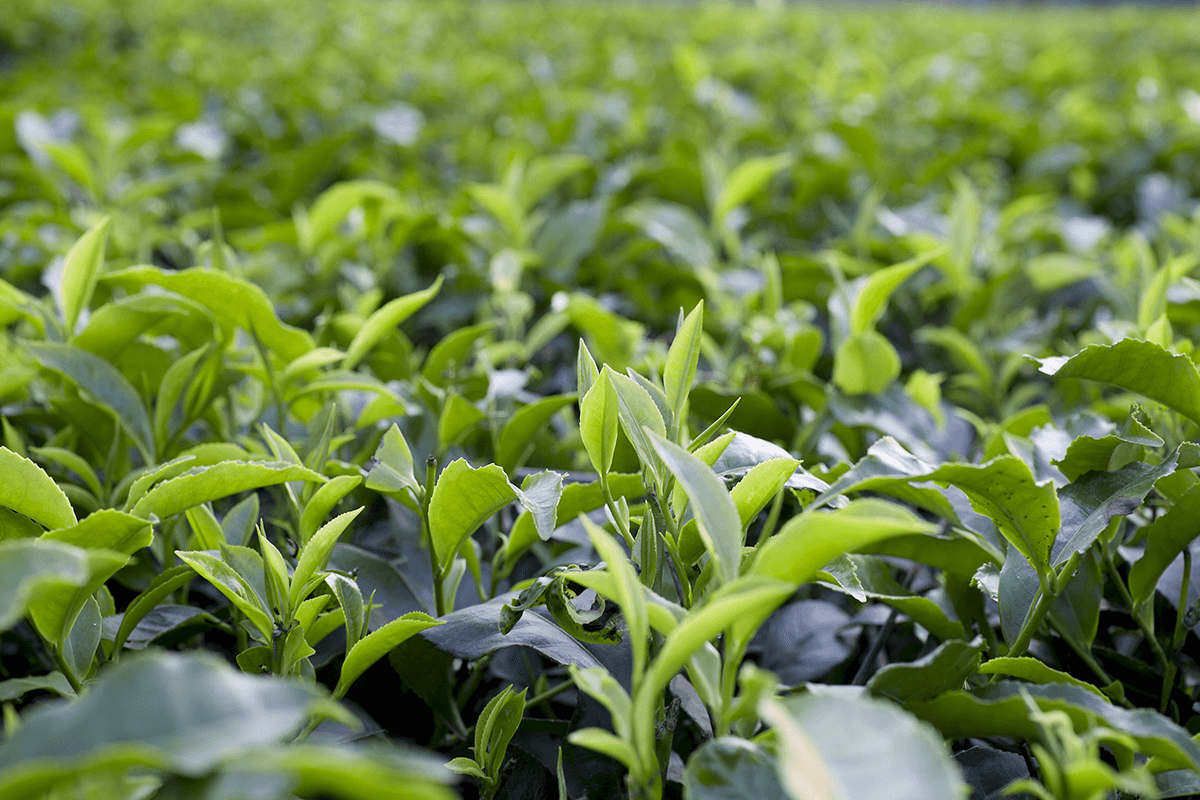
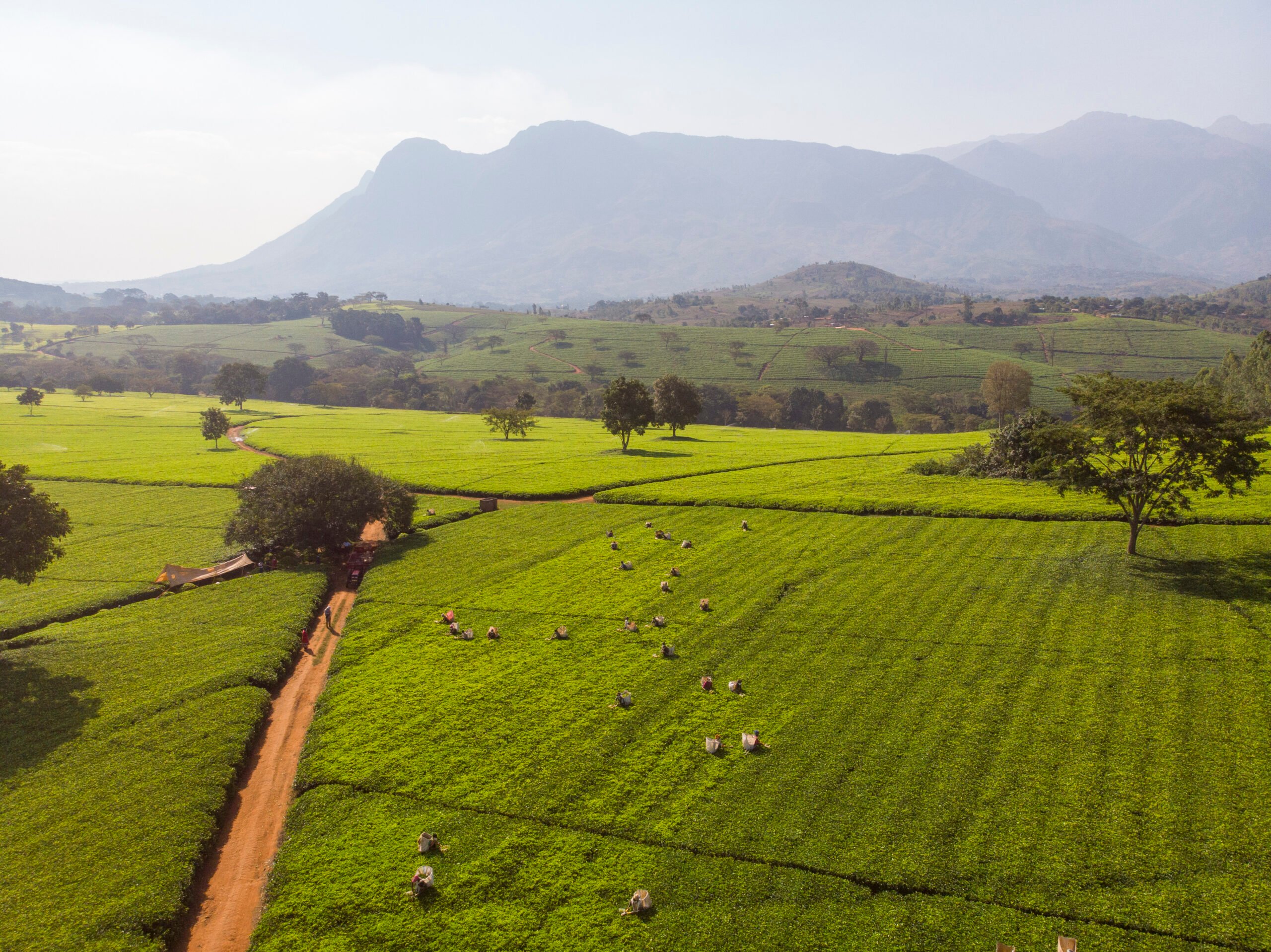
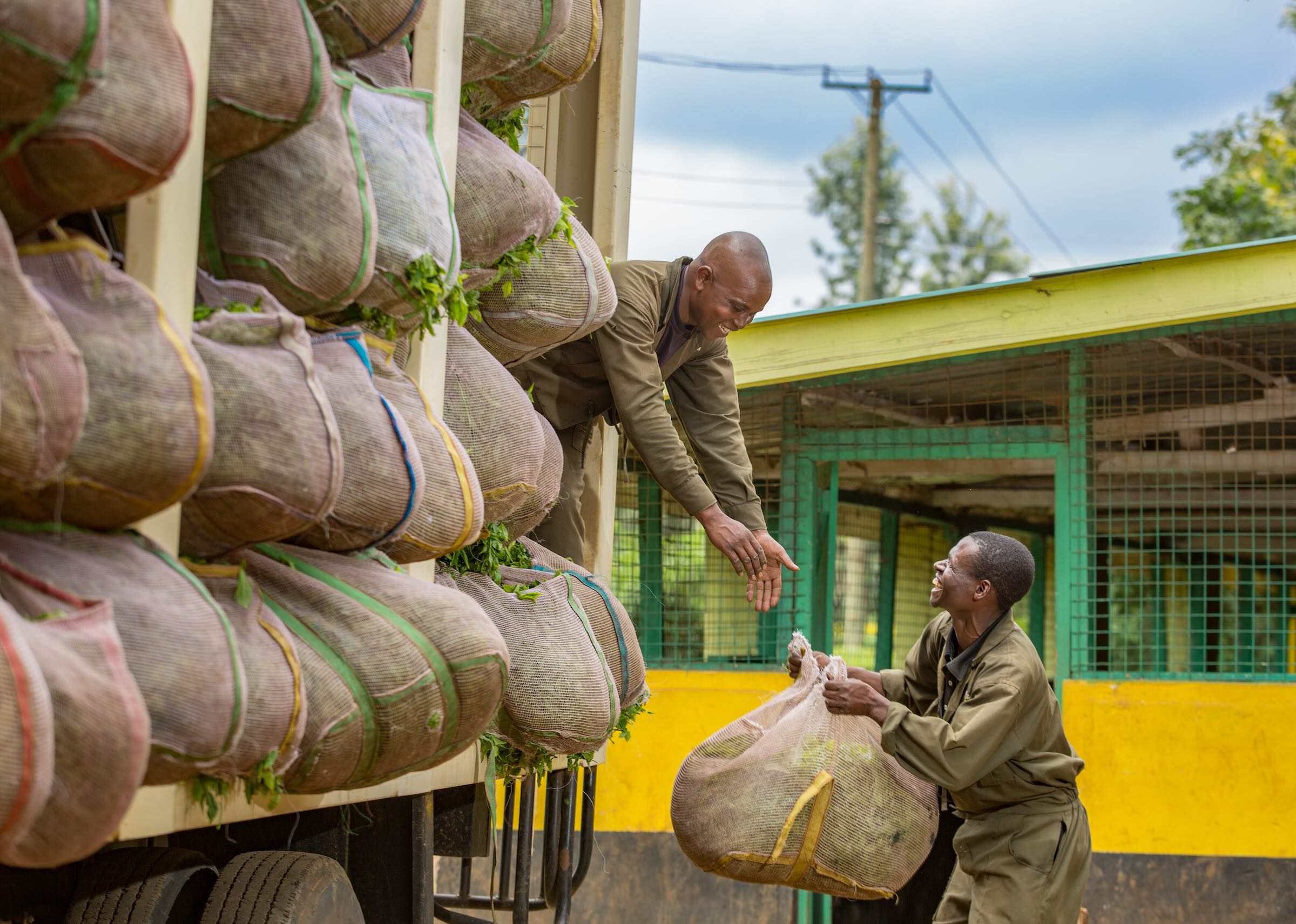
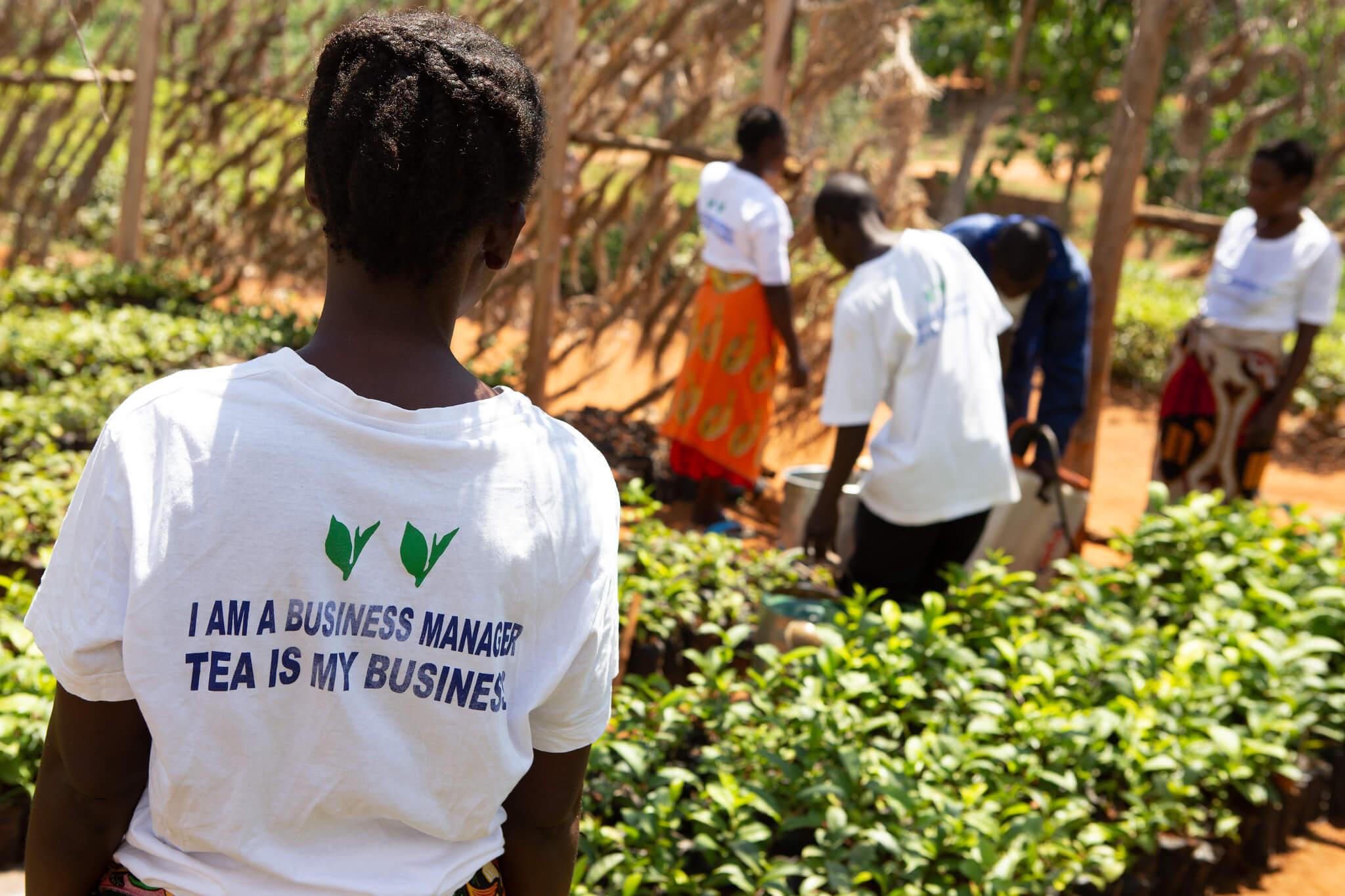
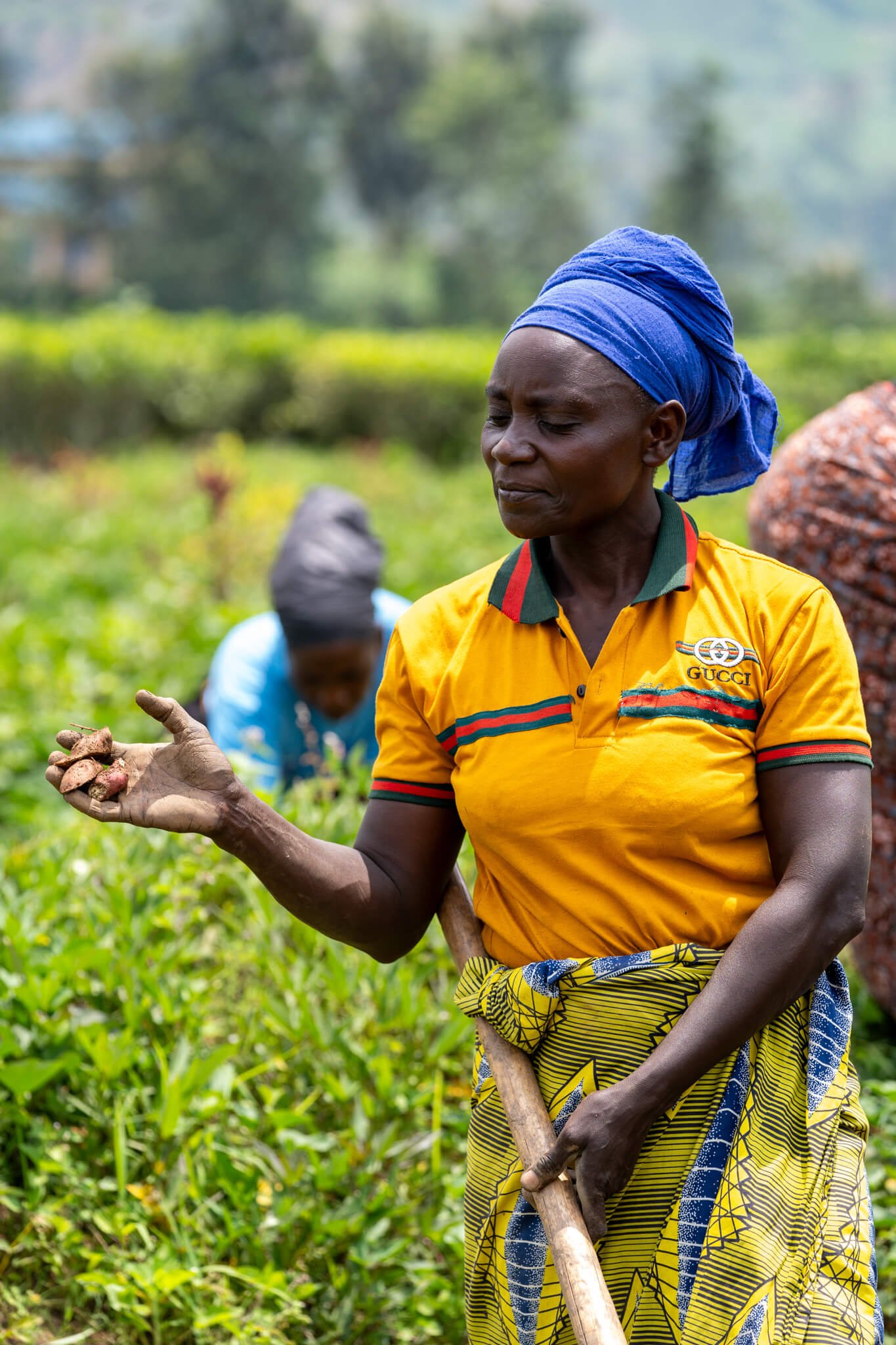
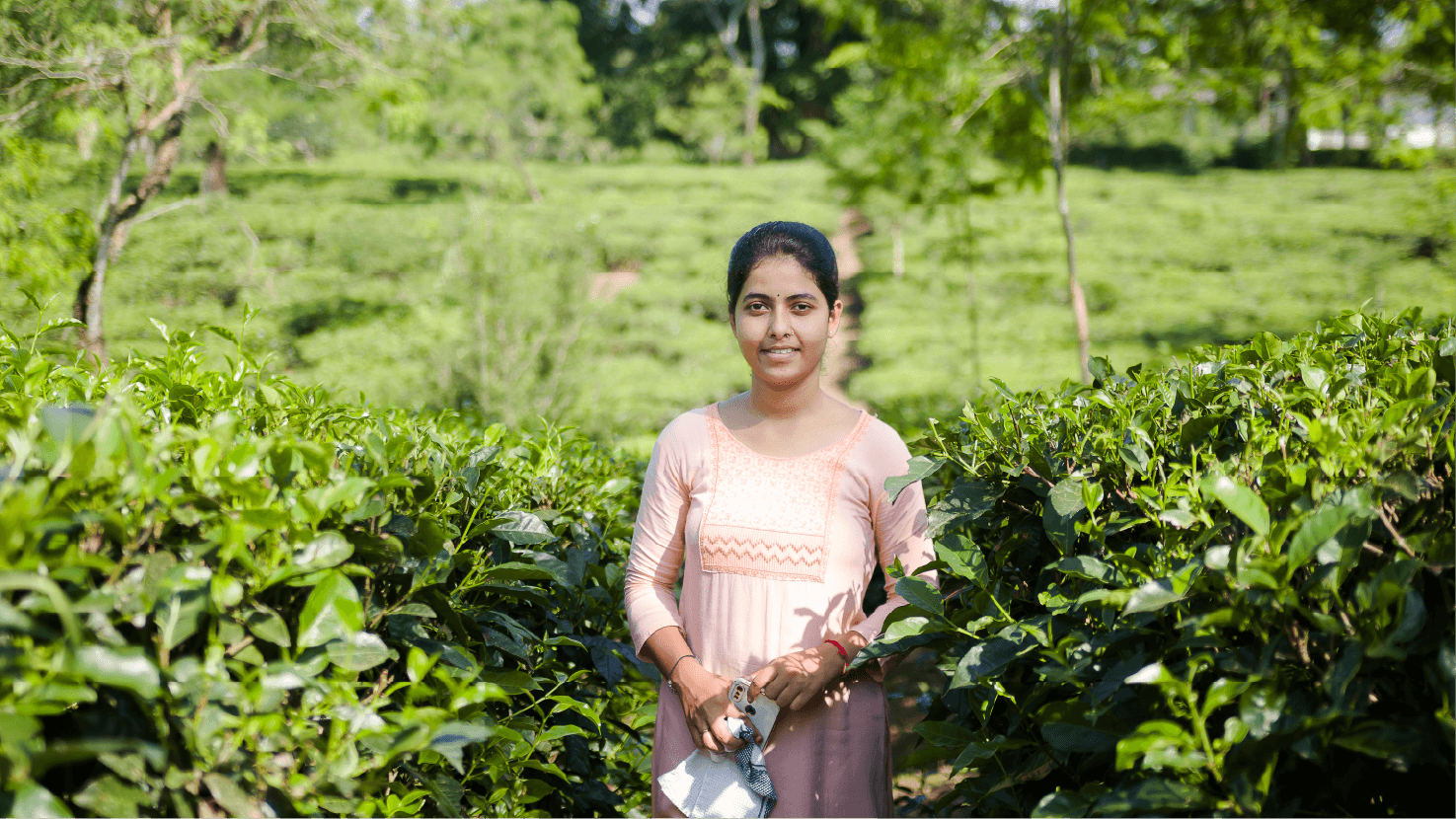
![Durah [name changed to protect her identity], 39, works as a supervisor on several tea estates in Kenya and is a smallholder farmer herself. Image: Rehema Baya / ActionAid](https://shk7ecqj.cdn.imgeng.in/wp-content/uploads/2023/10/Empowering-Tea-Communities-in-Kenya-1.jpg)
